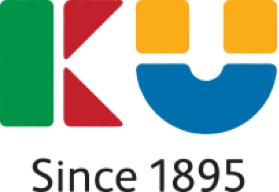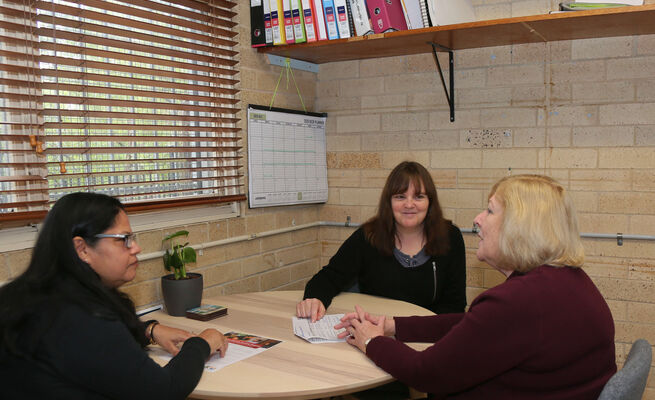Identifying Developmental Differences
The role of the preschool
Educators are uniquely placed to observe children with their peers and gain a broad understanding of their functioning across all domains of development as they spend extended periods of time with children in a social context. Whilst approaching children from a strengths-based perspective, educators can also identify areas where they may be needing support and to communicate with families about developmental differences that may be observed. The key message in your communication with families should be that you seek to work together to plan next steps and nurture the child’s progress. Over the time you are in the child's life, this may include a diagnostic outcome being obtained and informing your practice, but it is also possible there may be no diagnosis sought and/or confirmed during the early childhood period. Your role, in both instances, is to continue to connect with and grow in your understanding of the child and to adapt the strategies and resources you provide to help them to develop their skills, sense of self and belonging within your preschool while maintaining a collaborative relationship with their family.
Identifying developmental differences is part of the educator’s role, however diagnosing children is not. Offering your professional observations and insights can help inform parents and assist them in deciding whether to seek clinical advice and/or diagnostic assessment (such as through a paediatrician or allied health professionals). Families experience a range of complex factors that impact on their decisions about if and when to seek such assessments (such as beliefs, finances, time, cultural considerations and competing priorities) and it is imperative that you remain a source of support for the child and their family whichever direction they choose to take. While we understand that early childhood intervention is important, and accessing focussed support as early as possible can improve outcomes for children, children can also be supported within your preschool based on observed developmental needs without a formal diagnosis and they may also access specialist support such as through the National Disability Insurance Scheme (NDIS) Early Childhood approach. What remains constant, with or without diagnostic labels, is the child; their needs are the same regardless.
The following information can assist you in gathering documentation to identify needs, referral pathways where developmental assessment is being sought and how to have supportive conversations with families around children's development.
Gathering documentation
If educators are noticing developmental differences in a child, it is important to gather detailed observations and data. This documentation can provide a more comprehensive picture of the child's development across domains, their strengths, interests and needs and help you to track progress. This information can help families to understand more about their child's strengths and needs within the social context of preschool and can also be shared with other professionals if needed, to assist with accessing community supports. Documentation gathered will be useful to support an application for funding through the Disability and Inclusion Program particularly if applying for funding solely based on preschool observations. Your KU Preschool Inclusion Consultant can share a range of tools to support you to observe children and collect data, such as the Ages and Stages Questionnaire (ASQ).
Developing inclusive strategies
Observational data should be collected, interpreted and used to inform your practice on an ongoing basis, as part of your planning cycle, for all children. Where developmental differences are observed, identifying any barriers to participation a child may be experiencing and devising strategies to address them is a vital part of the planning process and your Preschool Inclusion Consultant can assist you with your reflection around this, supporting you with resources and information. Developing an Individual Learning Plan (ILP) in collaboration with the family is recommended for all children with developmental differences and is required when applying for funding to support a child's inclusion through the Disability and Inclusion Program. You can access information to support ILP development here.
Discussing developmental differences with families
Initiating conversations around observed developmental differences with families may feel daunting. You may be concerned about how information will be received. For families, hearing or noticing that their child may have differences with their development or behaviour can lead to a range of emotions and sensitivity from educators can impact on how families cope and adjust. For more information access the Supporting families page linked below.
Referring to services
If a family wishes to seek a developmental assessment or early childhood intervention for their child, they may ask you where to go to access support. While the options, both private and public, differ from region to region, a good place to start is by calling their National Disability Insurance Scheme (NDIS) early childhood partner.
Supporting families
Seeking developmental assessment and intervention may be confusing or overwhelming for families. The following tip sheet has been created to help families know what to expect when seeking help for their child.
National Quality Standard links for the content on this page:
QA1 Educational Program and Practice
1.3.1 Assessment and Planning Cycle
1.3.2 Critical reflection
1.3.3 Information for families
QA6 Collaborative Partnerships with families and communities
6.2.2 Access and participation
6.2.2 Community engagement


